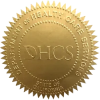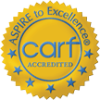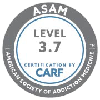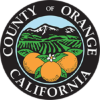Prescription drug addiction is a menace that knows no age or socio-economic boundaries. And it can harbor dangers surpassing even those of illicit substances. The omnipresence of opioids, potent painkillers renowned for their addictive properties, makes prescription drug misuse such a high risk for addiction that it is a significant problem. The ascent of such abuse is alarming. But as common as it is, how do we know if you or someone you love has a prescription drug addiction?
Symptoms of Drug Abuse
Many signs of drug abuse can merge with signs of general illness. However, paired with behavioral symptoms, the signs of prescription drug abuse become clearer. For example, poor coordination and concentration, drowsiness, and confusion from often-abused anti-anxiety medication can seem like signs of sleep deprivation. However, with slurred speech, and unsteady walking, symptoms of something more serious become clear.
Some of the symptoms of opioids are as follows:
- Constipation
- Nausea
- Confusion
- Drowsiness
- Poor Coordination
- Increased sensitivity to pain
More Signs of Prescription Drug Abuse
Prescription drug abuse can cause one to become allusive and dishonest to their friends and family. They will also begin to shirk school, work, or family responsibilities. These signs, in particular, are common with most drug misuse. Paying attention to them can help with early intervention efforts before things feel out of hand. At this point, drug use can become an impulsive addiction to the user, destroy familial and friendly relationships, and cause job loss and even loss of life.
Seeking Professional Help for Prescription Drug Addiction
Considering professional help may be the most crucial action, especially if you are dealing with mental health issues or do not have a strong support system. If it is someone you know, understand that support is vital for their recovery. Many forms of therapy incorporate more than just the person with the addiction, such as group, couple, and family counseling.
Successful counseling offers new behavior strategies for recovery, usually with cognitive behavioral therapy. Specifically, it helps identify triggers, analyze feelings of drug dependency, and encourage one to continue their recovery. Most importantly, it can help reduce relapses and encourage the individual to continue their wellness and recovery journey.
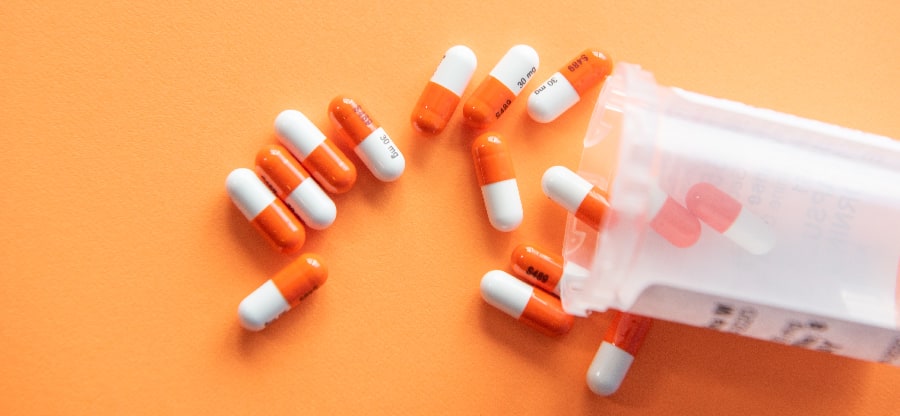
What Does Detox from Prescription Drugs Look Like?
Detoxification from prescription drugs is a process that can vary depending on the type of drug involved, the duration of the addiction, the severity of dependence, and individual health factors.
That said, detox usually comes in three stages: evaluation, stabilization, and transition to treatment.
Evaluation: The first step is a thorough medical and psychological evaluation. Detox specialists will screen for physical and mental health issues and assess the individual’s drug use to create a tailored detox and treatment plan.
Stabilization: This stage involves the actual process of detoxification. Clients are slowly weaned off the drugs or provided with medication to manage withdrawal symptoms (MAT), ranging from mild to severe. These symptoms can include restlessness, insomnia, pain, tremors, nausea, vomiting, anxiety, depression, and, in extreme cases, seizures or other life-threatening conditions. Medical professionals typically monitor this stage to ensure the client’s safety and comfort.
Transition to Treatment: Detox is only the first step in recovery. Once detoxification is complete, the individual will transition to a comprehensive addiction treatment program. This could be an inpatient or outpatient program and typically includes behavioral therapy, counseling, and education to help the individual understand their addiction and develop coping strategies.
Throughout the process, the goal is to cleanse the body of harmful substances and provide the individual with the tools they need to achieve long-term sobriety. It’s important to note that detox should always be undertaken under the supervision of healthcare professionals, as withdrawal can be physically challenging and sometimes dangerous.
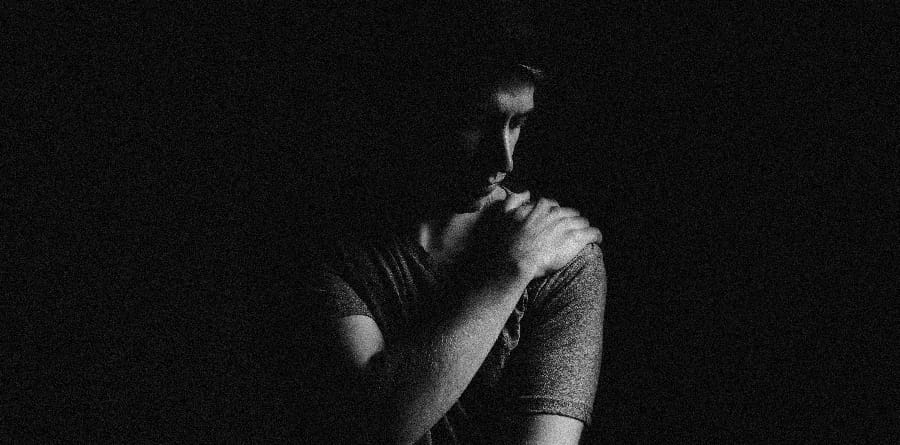
Getting Help With Prescription Drug Addiction
Don’t let prescription drug addiction dictate your life. Take your first steps towards recovery with Saddleback Recovery.
Saddleback Recovery is Orange County’s trusted prescription drug detoxification and stabilization leader. We stand proudly in Southern California, upholding a reputation built on trust and compassion. Our team of experienced professionals understands your challenges and is committed to guiding you toward wellness.
We offer free, no-obligation consultations where we’ll assess your situation and recommend the best course of action to reclaim your life from addiction. You’re not alone in this fight – our expert team is ready to stand with you and support you every step of the way.
It’s time to choose a healthier, happier future. Call us now at (877) 843-5724 because, at Saddleback Recovery, your journey to recovery begins today.




